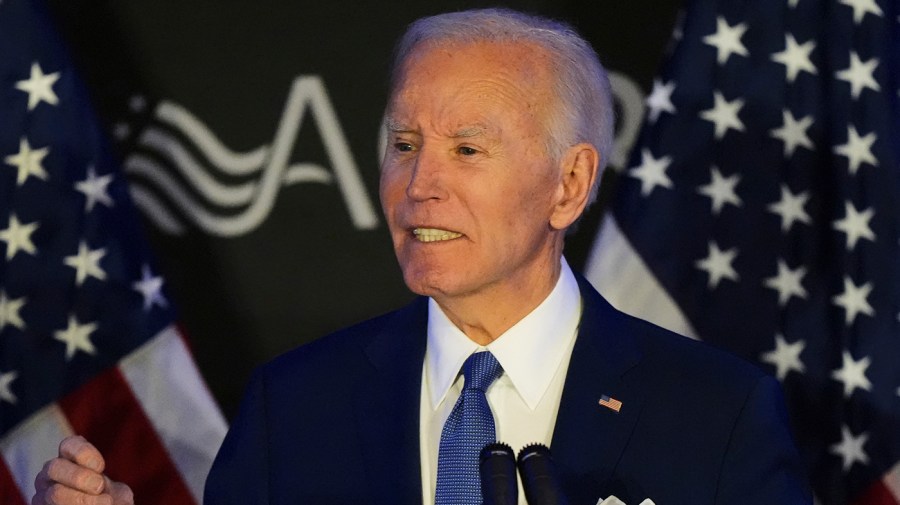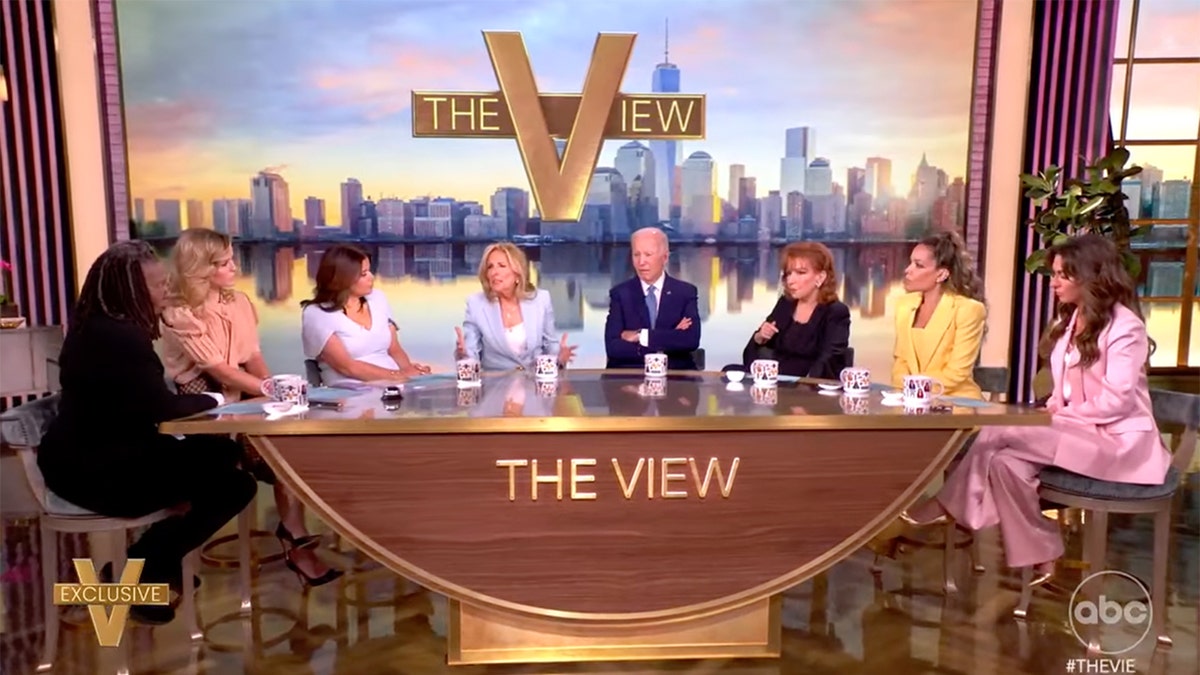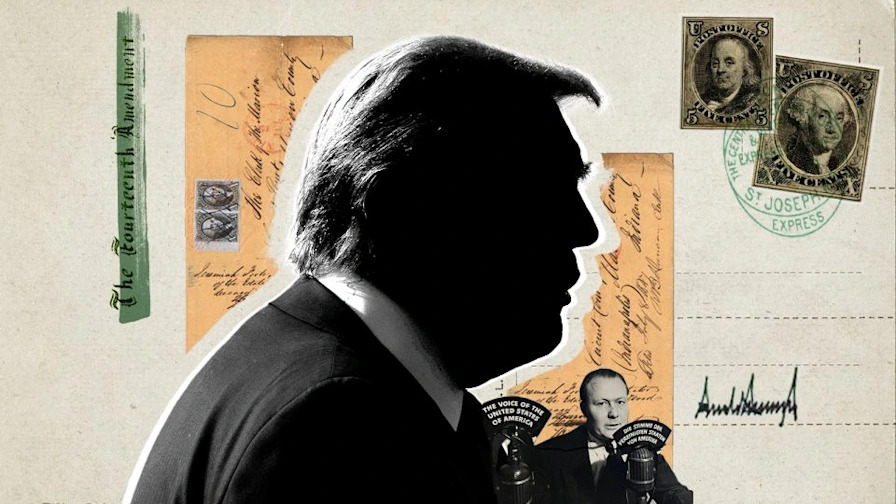CNN’s Jennings Breaks Down Laughing at ‘View’ Host Navarro’s Claim Biden Doesn’t ‘Tell Many Lies’

During a recent segment on CNN, Ana Navarro, a co-host of “The View,” made a bold assertion that President Joe Biden doesn’t lie often. This statement was met with laughter from Scott Jennings, a conservative commentator who sharply questioned the credibility of Navarro’s claim. The discussion stemmed from Biden’s recent denial regarding allegations that he advised Vice President Kamala Harris to maintain a close alignment with his policy agenda.

Analysts and commentators jumped at the opportunity to debate the integrity of Biden’s statements, particularly in light of negative media reports about his presidency. The conversation drew attention to the often contentious relationship between the mainstream media and political figures, highlighting the growing divergence in how truth is perceived across different media outlets.
Revisiting Biden’s Response on ‘The View’

During his appearance on “The View,” President Biden aimed to counter assertions made in the book “Fight: Inside the Wildest Battle for the White House” by authors Amie Parnes and Jonathan Allen. The book claims that Biden allegedly pressured Harris to keep their political agendas synchronized, suggesting that he wanted no daylight between their policies.
Biden countered these claims directly, stating categorically that he never instructed Harris to align their agendas in such a way. In defense of Biden, Navarro took a more sympathetic stance, reinforcing her belief in the president’s honesty while casting doubt on the credibility of the journalists involved in publishing the claims.
Critique and Defense of Biden’s Statements

Scott Jennings did not let Navarro’s defense go unchallenged. He articulated his perspective on the matter, emphasizing that numerous credible reports indicate Biden did, in fact, make comments to Harris about aligning their agendas. Jennings’ rebuttal was not merely an emotional response; it reflected a broader concern regarding political accountability and the credibility of the information disseminated by leaders.
The debate turned heated, with Navarro accusing Jennings of being an apologist for a politician who regularly distorts the truth. Jennings, on the other hand, positioned himself as a defender of journalistic integrity. He argued that the sources reporting on Biden’s alleged misstatements were reputable and that questioning their validity was misguided.
The Broader Implications of Truth in Politics

The lively exchange between Jennings and Navarro is emblematic of a larger trend in contemporary political discourse—an ongoing struggle over what constitutes truth. The polarized media landscape has given rise to sharply contrasting narratives about public figures, particularly politicians. In Biden’s case, opinions vary wildly, from staunch support to vocal skepticism about his administration’s truthfulness.
As political commentators continue to dissect Biden’s claims and the integrity of his office, the discussion has broader implications for public trust in leadership. The effectiveness of a president is often gauged by their ability to communicate transparently with the public. When discrepancies arise between reported facts and the statements made by political leaders, it raises vital questions about accountability, media portrayals, and the public’s perception of honesty in governance.
The argument between Jennings and Navarro serves as a reminder that discussions around truth are not merely political talking points but fundamental components of how democracy functions. The dialectic surrounding Biden’s statements underscores a continuing rift in American society, where belief in political leaders often hinges more on party alignment than unbiased analysis.

The tension between differing viewpoints suggests a critical need for consumers of news to engage with multiple perspectives to better understand complex issues. As new allegations and defenses arise, the debate on Biden’s truthfulness is likely to intensify further.
Conclusion
As the dialogue surrounding political integrity continues to unfold, it’s clear that the intersection of media, politics, and public perception is more crucial than ever. Staying informed and critically assessing what our political leaders say can empower citizens to hold them accountable. For more insights into political narratives and media analysis, join our community and explore deeper discussions on today’s pressing issues.





